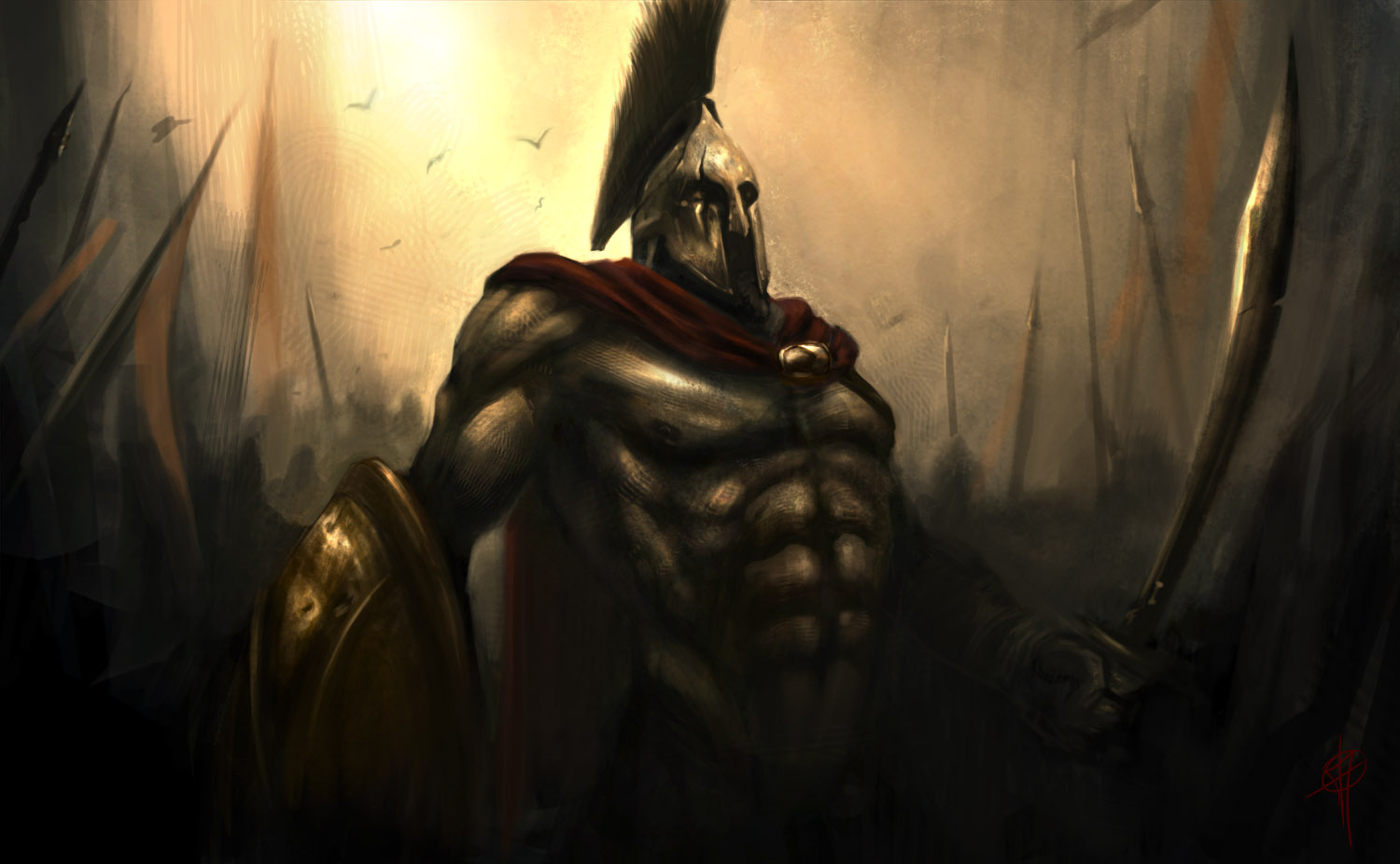You are using an out of date browser. It may not display this or other websites correctly.
You should upgrade or use an alternative browser.
You should upgrade or use an alternative browser.
Language topic
- Thread starter Forostar
- Start date
The_7th_one
Ancient Mariner
Black Wizard
Pleb Hunter
Molon labe!I passed my Ancient Greek exam with the equivalent of aan A-/B+.
Magnus
Pica Serdica
Well done, malaka!I passed my Ancient Greek exam with the equivalent of aan A-/B+.


Black Wizard
Pleb Hunter
I'm guessing the translation is...
Saap: Yes
Caller: Hello
Saap: Estonian please
Caller: .............
Saap: Estonian
Caller: Estonian ....?
Saap: I don't speak Russian
Caller: ..... Russian
Please correct me and fill in the blanks Saap.
Saap: Yes
Caller: Hello
Saap: Estonian please
Caller: .............
Saap: Estonian
Caller: Estonian ....?
Saap: I don't speak Russian
Caller: ..... Russian
Please correct me and fill in the blanks Saap.

Saapanael
Ancient Mariner
I'm guessing the translation is...
Saap: Yes
Caller: Hello
Saap: Estonian please
Caller: .............
Saap: Estonian
Caller: Estonian ....?
Saap: I don't speak Russian
Caller: ..... Russian
Please correct me and fill in the blanks Saap.
Saap: Yes
Caller: Hello
Saap: Estonian please
Caller: Hello, how are you?
Saap: Estonian
Caller: Estonian what?
Saap: I don't understand Russian
Caller: You do understand
JudasMyGuide
The incorrigible papist
Saap: Yes
Caller: Hello
Saap: Estonian please
Caller: Hello, how are you?
Saap: Estonian
Caller: Estonian what?
Saap: I don't understand Russian
Caller: You do understand
In Russia, Russian understands YOU.
Dr. Eddies Wingman
Brighter than thousand_suns
@Perun - can you explain this? It confuses me that the diphtong oe is found in German names as your language has the vowel ö which I believed to be the same.
(I'm used to seeing oe used mainly as a replacement for ø (Norwegian, Danish) or ö (German, Swedish, Finnish etc.) in English texts (or other languages which do not have these letters)
Is there actually a distinction between oe and ä in German, so that Goethe would be different from Göthe?
(I'm used to seeing oe used mainly as a replacement for ø (Norwegian, Danish) or ö (German, Swedish, Finnish etc.) in English texts (or other languages which do not have these letters)
Is there actually a distinction between oe and ä in German, so that Goethe would be different from Göthe?
Interested, as they were interchangeble in school German textbooks.
Magnus
Pica Serdica
@Perun - can you explain this? It confuses me that the diphtong oe is found in German names as your language has the vowel ö which I believed to be the same.
(I'm used to seeing oe used mainly as a replacement for ø (Norwegian, Danish) or ö (German, Swedish, Finnish etc.) in English texts (or other languages which do not have these letters)
Is there actually a distinction between oe and ä in German, so that Goethe would be different from Göthe?
Apologies for trespassing.
"On the rare maps of the Ramtops that existed, it was spelled Überwald. But Lancre people had never got the hang of accents and certainly didn't agree with trying to balance two dots on another letter, where they'd only roll off and cause unnecessary punctuation."
Witches Abroad?Apologies for trespassing."On the rare maps of the Ramtops that existed, it was spelled Überwald. But Lancre people had never got the hang of accents and certainly didn't agree with trying to balance two dots on another letter, where they'd only roll off and cause unnecessary punctuation."
Black Wizard
Pleb Hunter
Or Wyrd Sisters.
Black Wizard
Pleb Hunter
Close enough. I can't remember what happened in that one.
Black Wizard
Pleb Hunter
I'll look it up at some point.
@Perun - can you explain this? It confuses me that the diphtong oe is found in German names as your language has the vowel ö which I believed to be the same.
(I'm used to seeing oe used mainly as a replacement for ø (Norwegian, Danish) or ö (German, Swedish, Finnish etc.) in English texts (or other languages which do not have these letters)
Is there actually a distinction between oe and ä in German, so that Goethe would be different from Göthe?
It's just an archaic spelling of the ö umlaut. I think you only find it in proper names. The reason is that we didn't have binding spelling conventions until the late 19th century and some people preferred to use the more "dignified" latinised spelling. That's why you find both Schröder and Schroeder, Götz and Goetz, etc, although the oe variant is relatively rare. So Goethe is pronounced as Göthe. You even find it written that way in some writings from the 19th century, e.g. Nietzsche used to spell the name that way. The same is true with ä/ae and ü/ue, although I can think of at least one case in the latter where it's a true diphthong.

